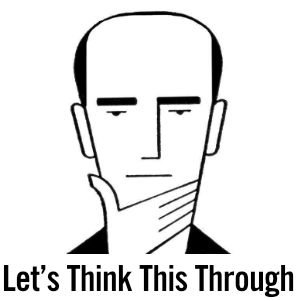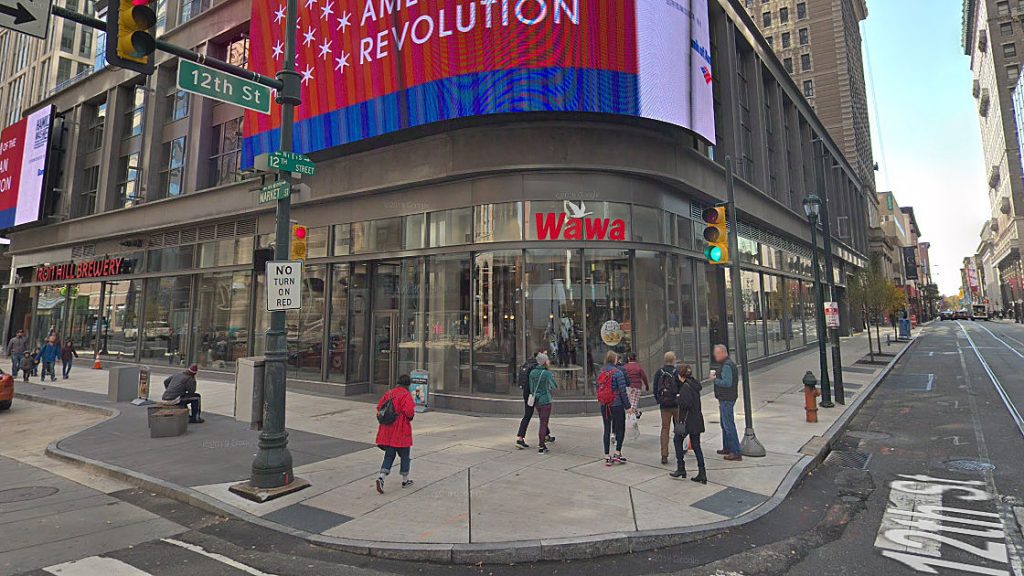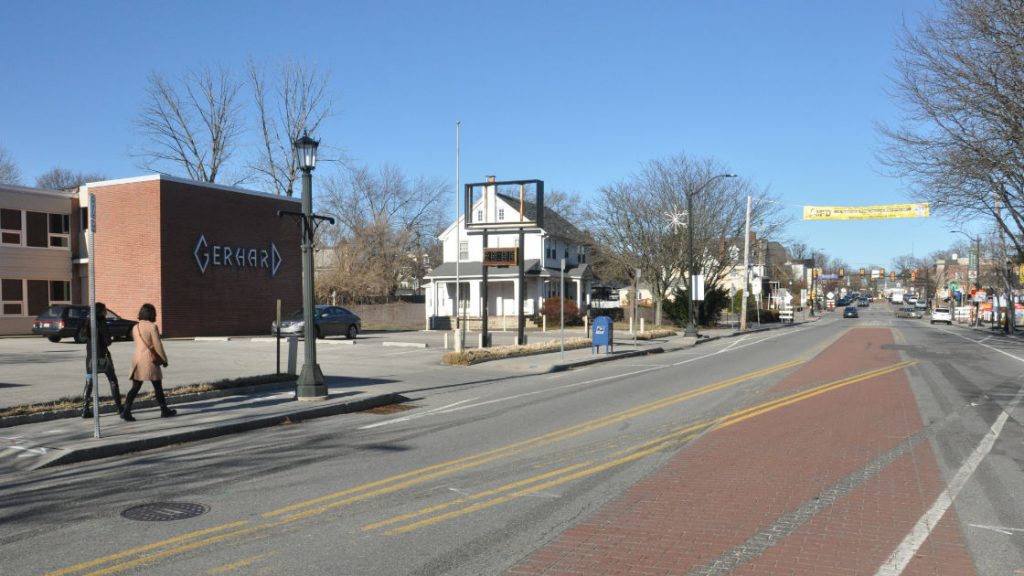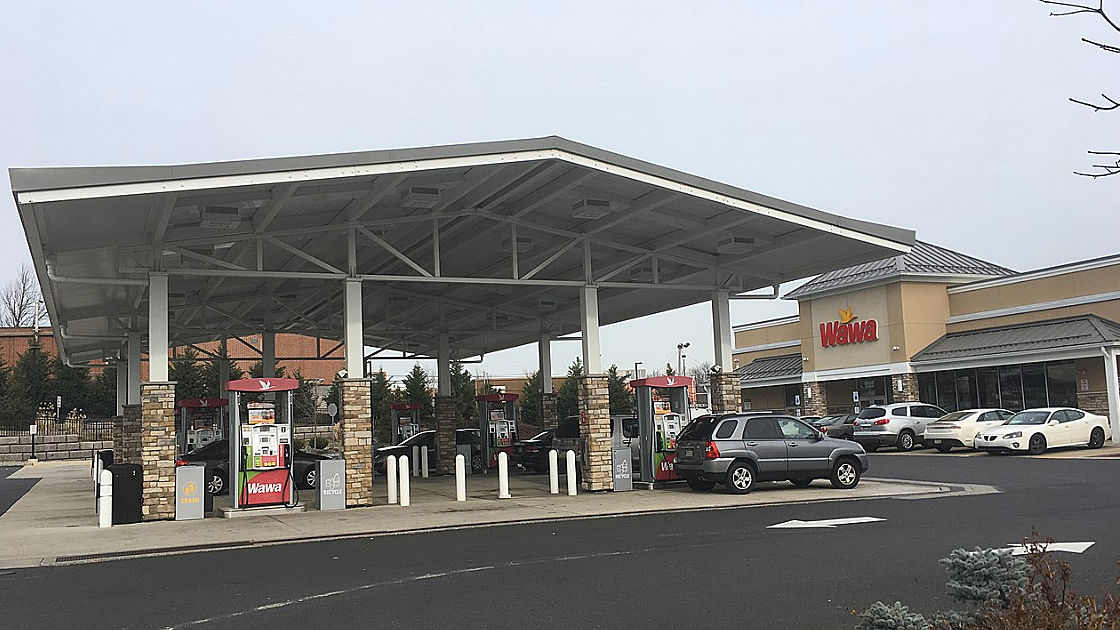
Cheltenham residents can expect a deluge of numbers, claims, and pretty pictures coming from Goodman Properties when they present their Super Wawa proposal at Curtis Hall on April 3. We have some numbers to get everyone started — appraised value.
While it is true that Wawa will likely bring additional business privilege taxes to the Township in comparison to what they receive today, adding up the current assessed values and comparing them with the new-ish Wawa at Noble in Abington should give residents cause for concern.
- Current combined appraised value of the Easton Road parcels: $2,026,990
- Current appraised value of the Noble Super Wawa in Abington: $886,660
- Current appraised value of the Limekiln Pike Wawa: $1,073,910
This numbers would indicate that — at best — a new Wawa at the corner of Easton and Waverly would cut the assessed value of that property in half. In terms of property taxes, Cheltenham could actually collect less than what they currently collect on the mothballed parcels.
In an urbanized setting, Wawa brings devaluation and with it, lower tax revenues.
Wawa is a company that is beloved by residents in this area, and for good reason. You’d be hard pressed to find a better run convenience store operation anywhere in the country. But does it actually bring more value to the neighborhoods where they operate? The numbers would indicate that it does not. In an urbanized setting, Wawa brings devaluation and with it, lower tax revenues.

Wawa did build a store in Center City, albeit without a gas station, but customers enter the store directly from the sidewalk. In other words, it’s not just a convenience store, it’s a corner store — one that fits in perfectly with its urban environment. Why not a mixed used building on that corner with a Wawa on the first floor at that corner? This would extend downtown Glenside’s urban character yet another block toward Arcadia.
Sadly Bruce Goodman regards urban-oriented developments like a warm turd. His company’s website shows a portfolio of sprawl, which brings more asphalt moonscapes to southeastern Pennsylvania. Sprawl, left unchecked, spreads like a cancer. It’s bad for the environment. It makes us fatter. And it ultimately strains the treasuries of the towns where it develops.
While I love a good cup of coffee as much as the next guy, when you consider all the costs associated with this kind of development, suddenly that one-dollar cup doesn’t looks so cheap anymore.


